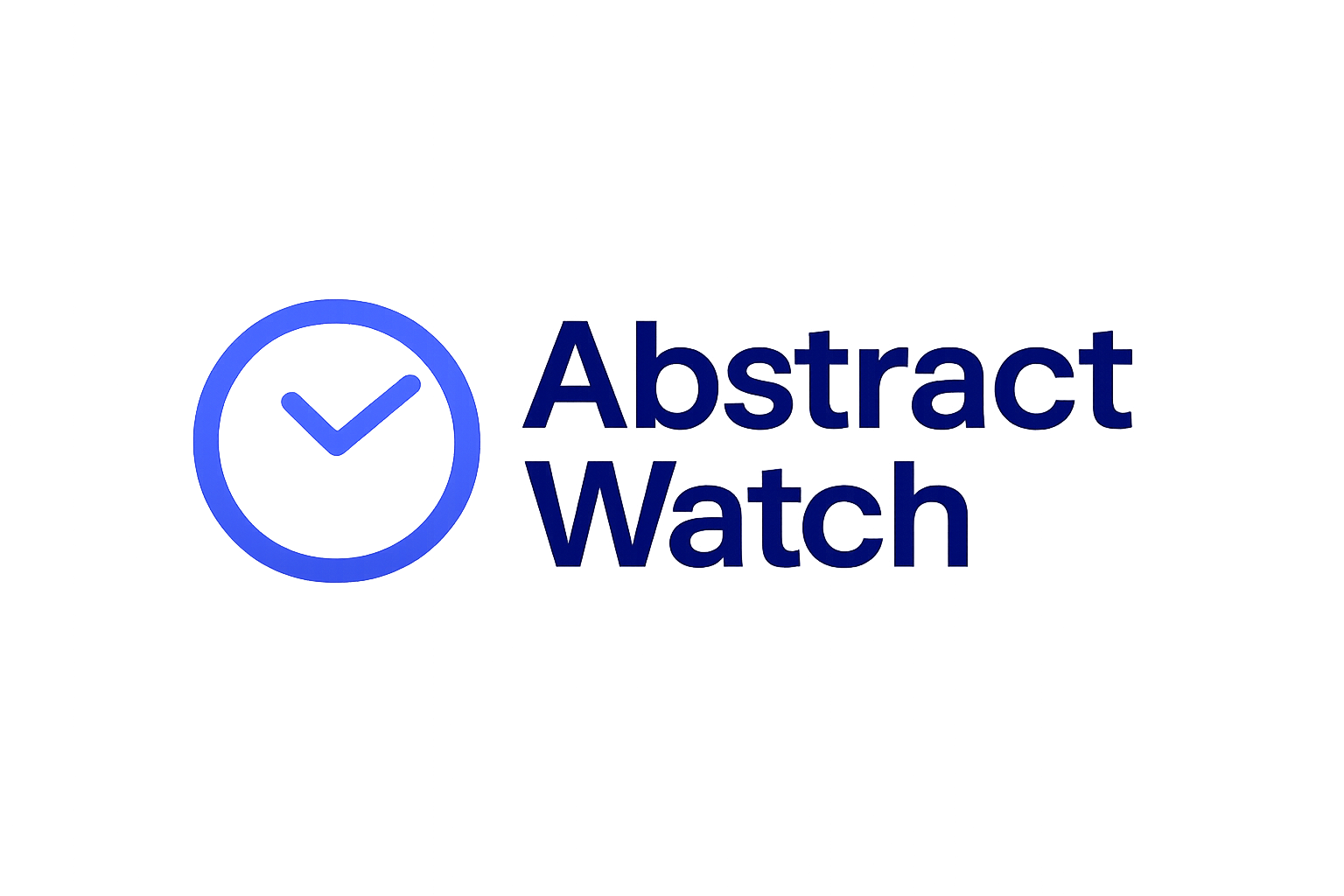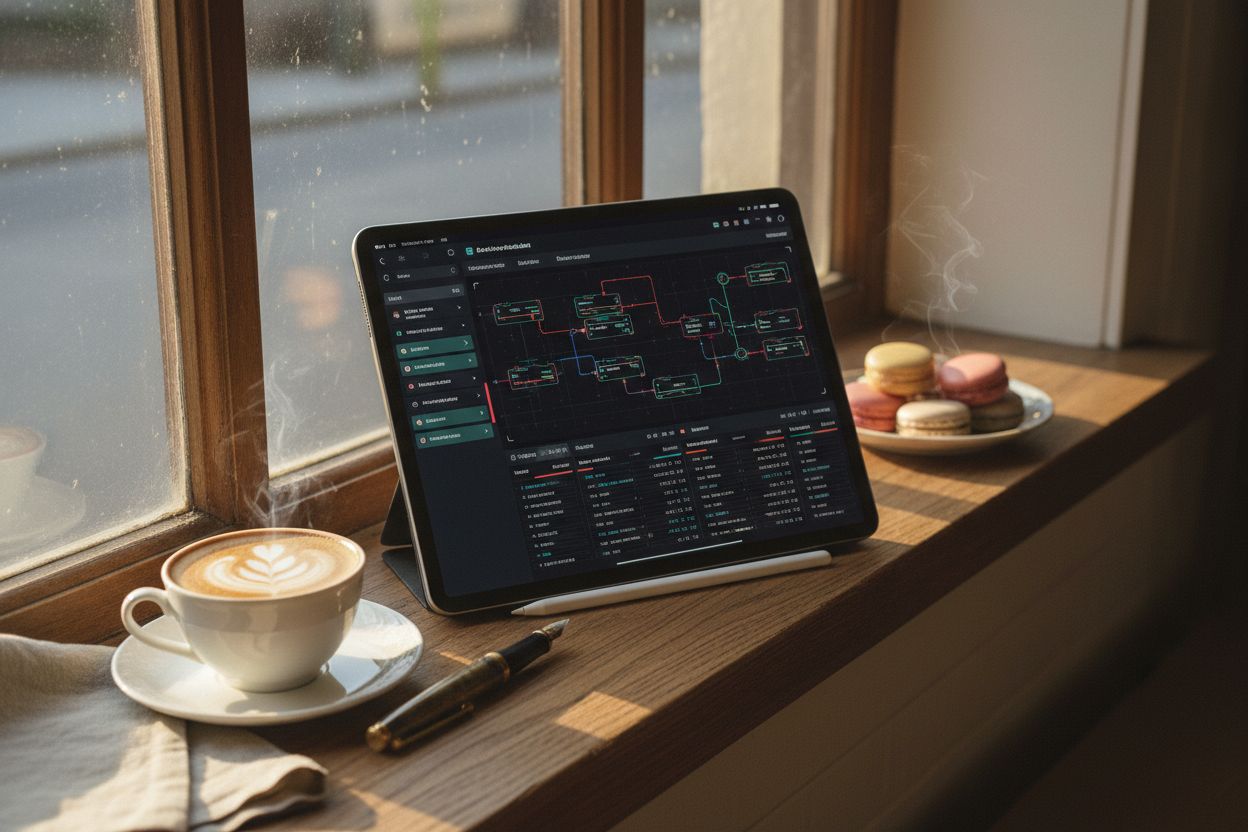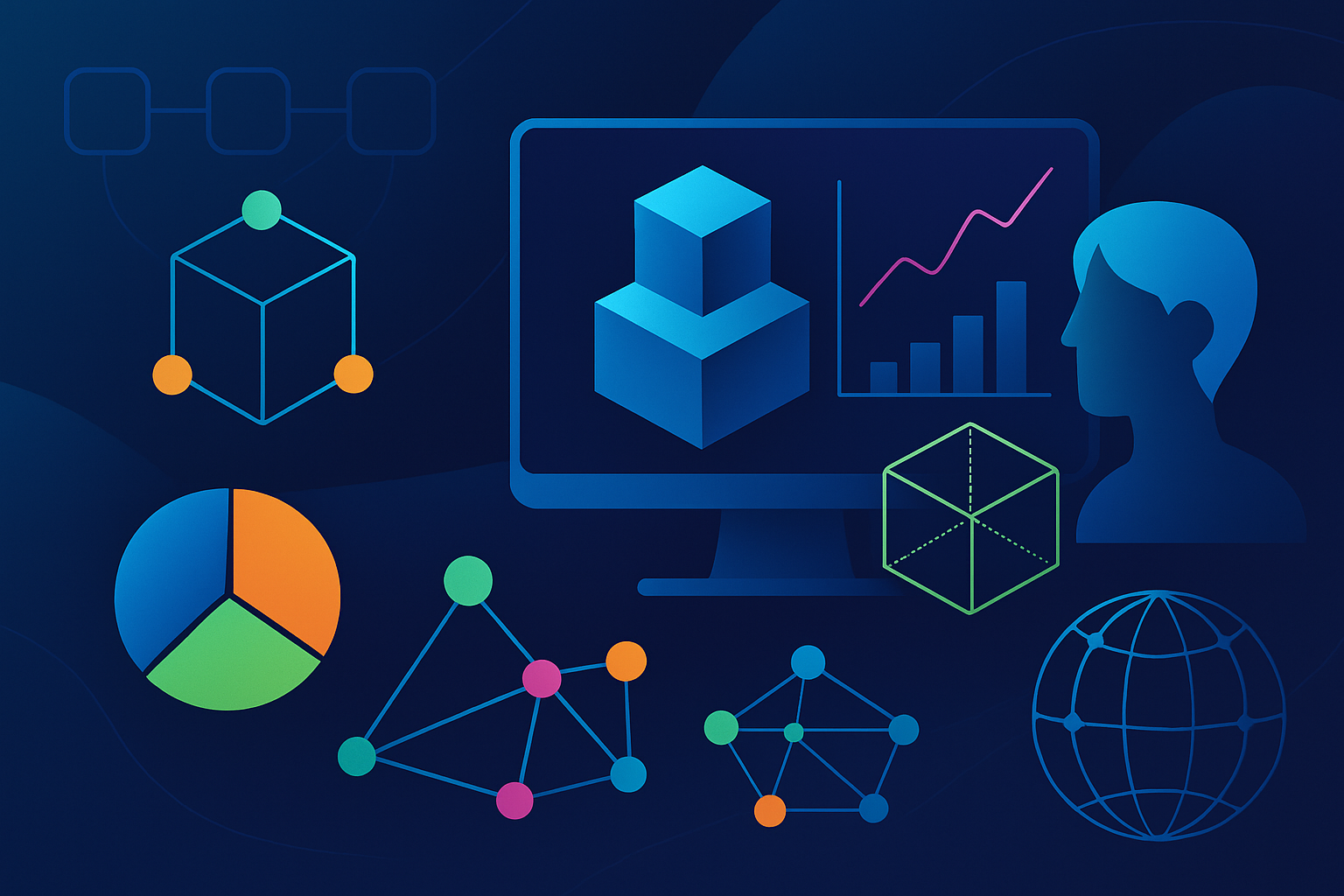
App-chain deployment for Web3 startups has entered a new era. The days of multi-month development cycles, costly protocol audits, and deep blockchain expertise as a prerequisite are rapidly fading. Thanks to rollup-as-a-service (RaaS) platforms, launching a scalable, production-ready app-chain is now as simple as configuring a few parameters in a no-code dashboard. The implications for time-to-market, developer productivity, and overall blockchain adoption are profound.

No-Code Rollup Deployment: The New Standard for Web3 Builders
What’s fundamentally changed? RaaS platforms abstract away the underlying complexity of blockchain infrastructure. Instead of wrangling with consensus mechanisms, node orchestration, or custom bridge integrations, teams can deploy an app-specific rollup in minutes. Platforms like Zeeve, Asphere, and Conduit have set the pace by offering intuitive, no-code interfaces that let founders and product teams focus on innovation rather than protocol engineering.
For example, Asphere’s collaboration with the Web3 Foundation delivers a drag-and-drop rollup deployment experience based on the Polkadot SDK. Startups can spin up high-performance, interoperable chains tailored to their use case, gaming, DeFi, social, or enterprise, without writing a single line of blockchain code. This isn’t just about speed; it’s about unlocking new business models that were previously bottlenecked by technical overhead. For more on how these platforms are transforming the landscape in 2025, see this deep dive.
RaaS Platforms: A Competitive Landscape in 2025
Top RaaS Platforms for No-Code Rollup Deployment (2025)
-
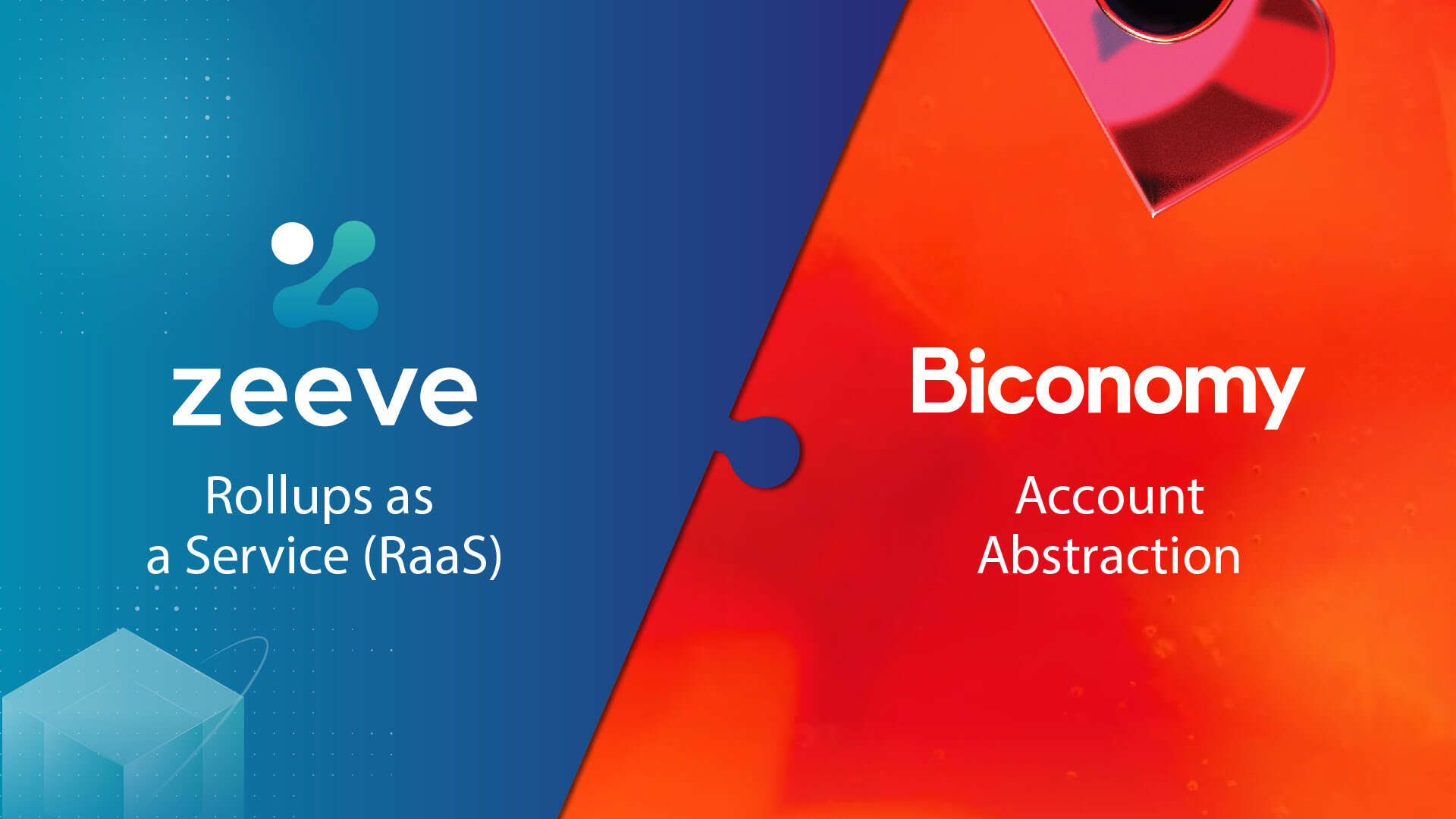
Zeeve: Offers a robust no-code platform for launching enterprise-grade zkRollups and OP Rollups. Features include ISO27001 & SOC2 Type 2 compliance, customizable rollup templates, and real-time analytics for scalable deployments.
-
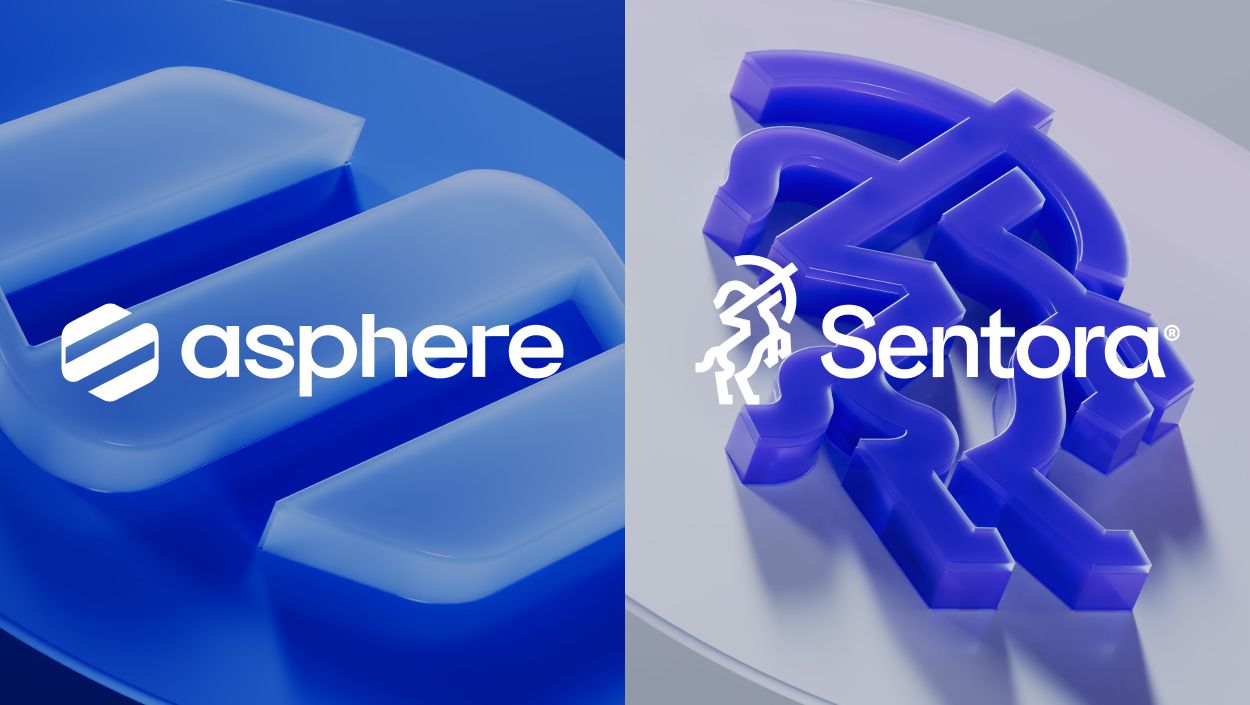
Asphere (by Ankr): Provides a no-code deployer app enabling rapid, modular rollup and token launches. Built on the Polkadot SDK in collaboration with Web3 Foundation, it supports high-performance, interoperable rollups with customizable governance.
-
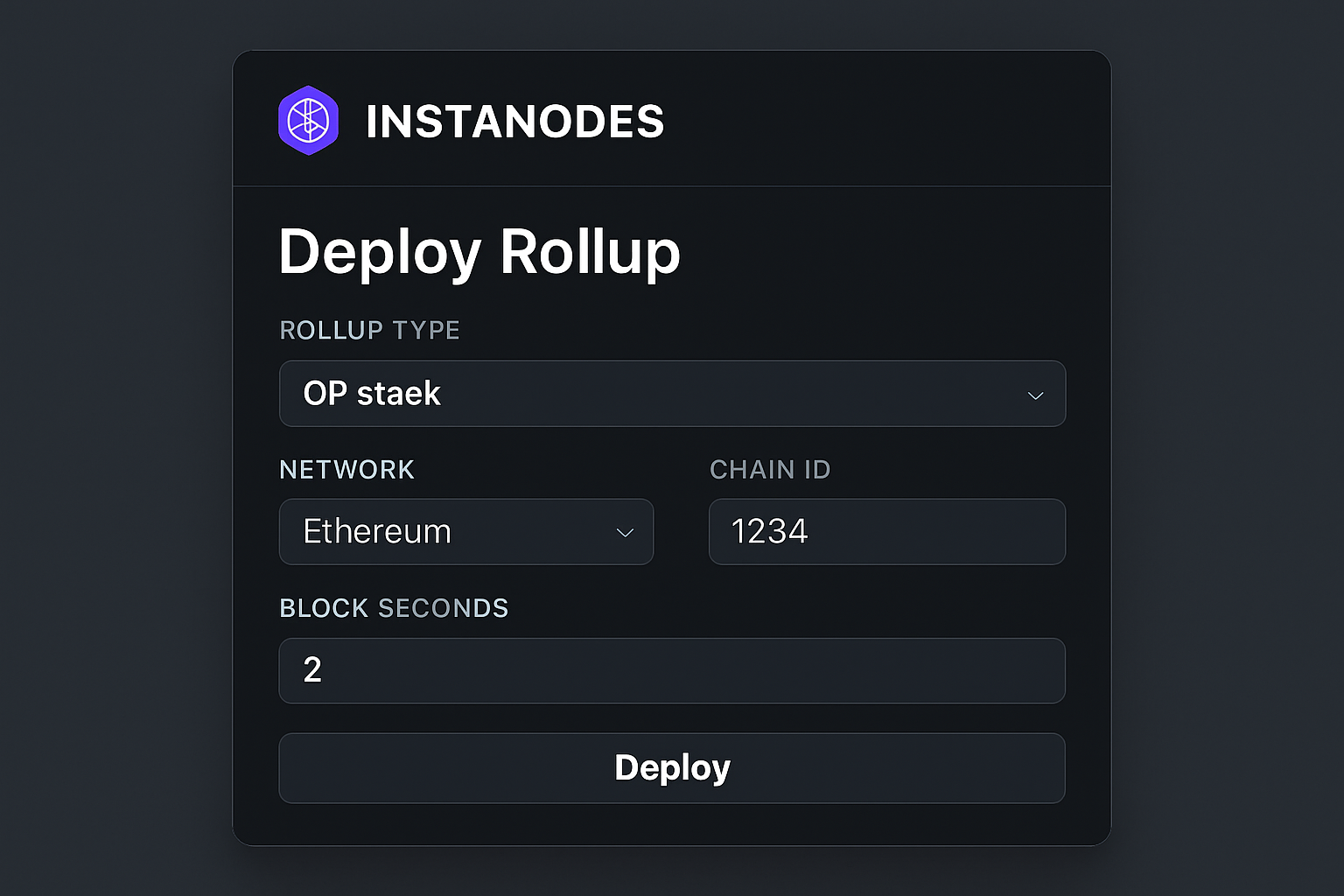
Instanodes: Specializes in zk-Rollups and Optimistic Rollups with built-in sequencers and verifiers. Integrates seamlessly with Ethereum, Polygon, and BNB Chain, offering dev-friendly infrastructure and enterprise-grade security.
-
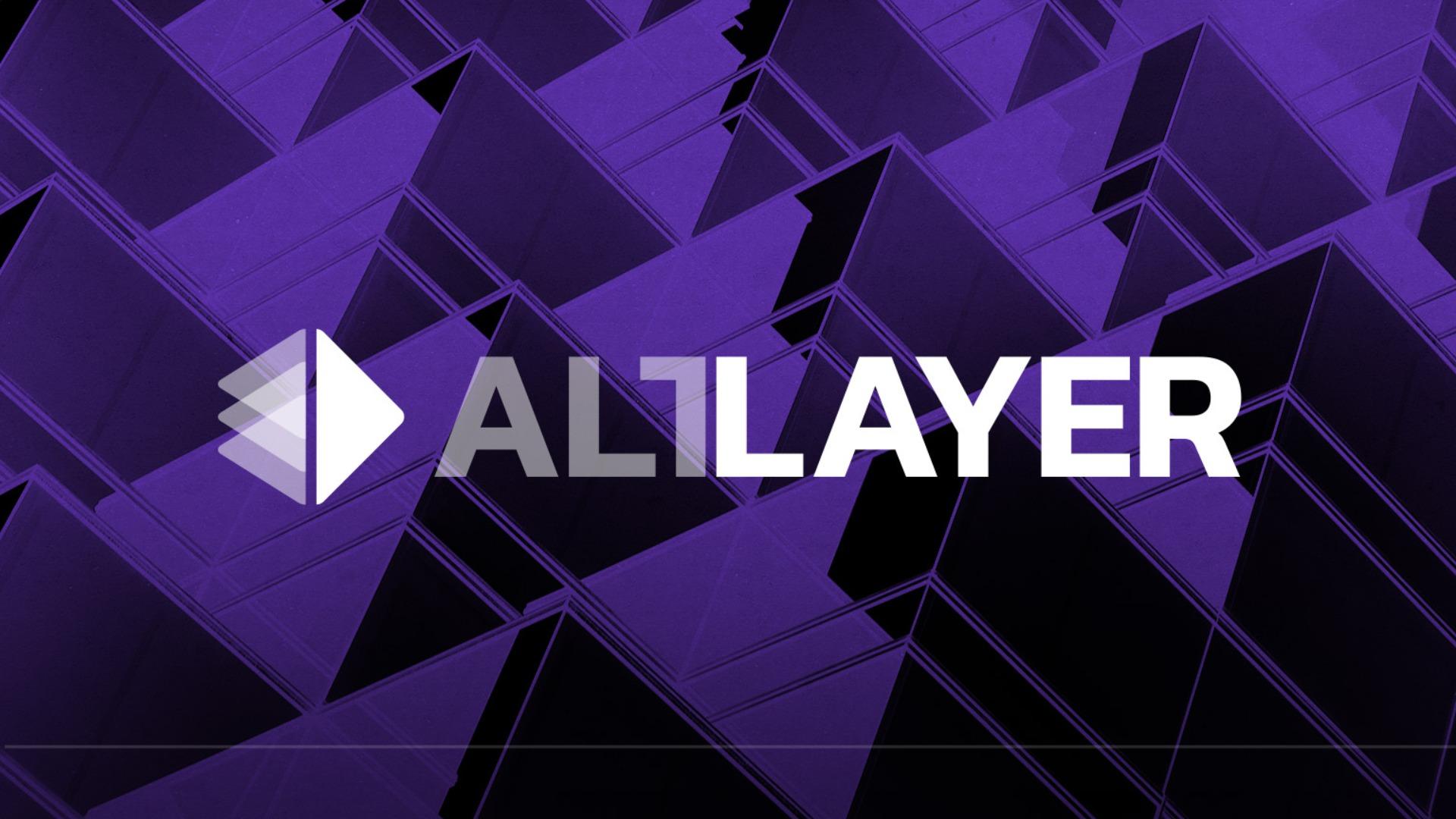
AltLayer: Pioneers modular rollup architecture with “flash layers,” supporting multiple data availability solutions. Includes built-in bridge, faucet integration, and open SDK for flexible app-chain development.
-
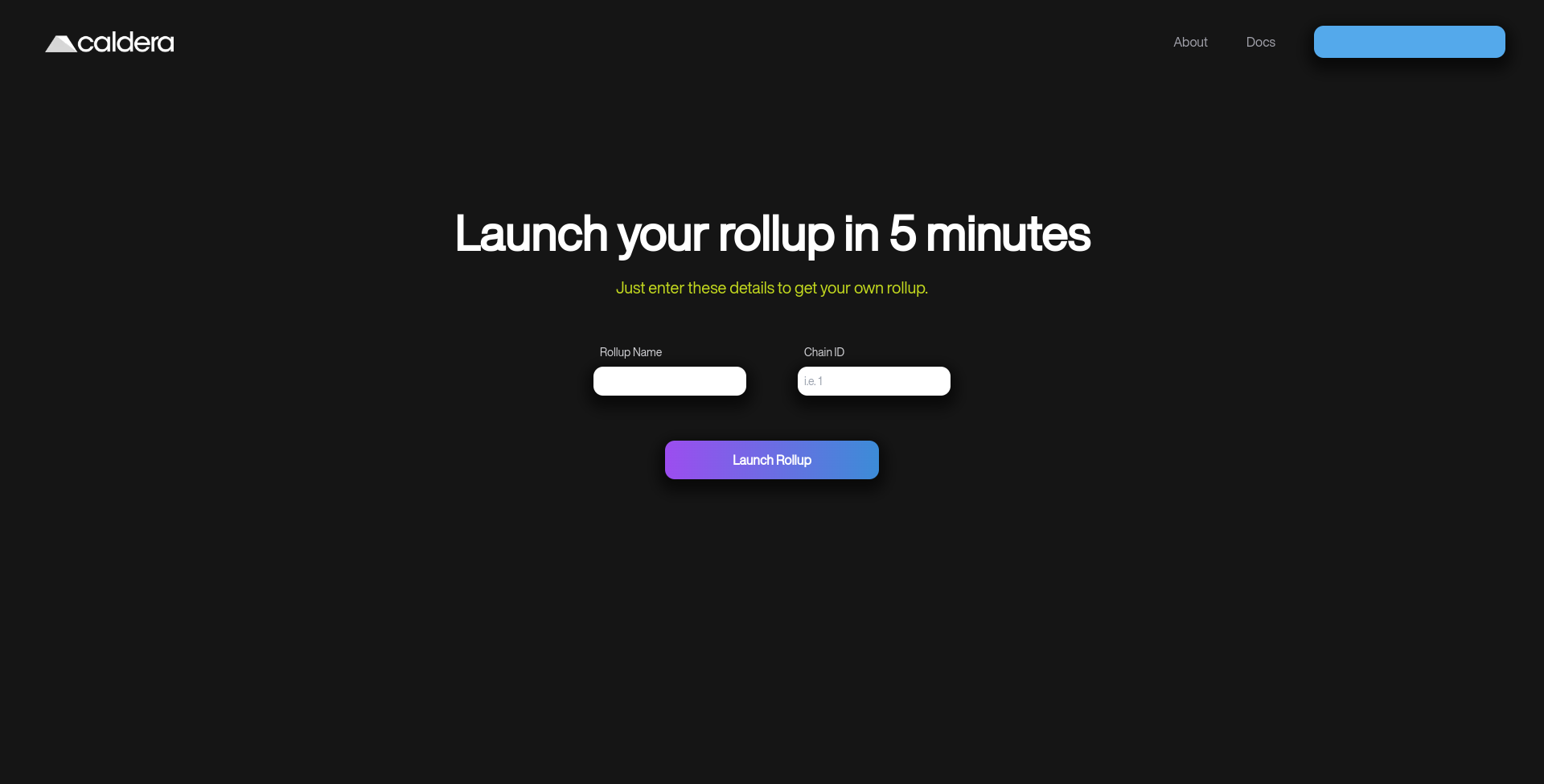
Caldera: Focuses on rapid rollup deployment via a no-code dashboard. Features seamless EVM compatibility, performance tuning for gaming/social dApps, and advanced developer tooling for custom configurations.
-
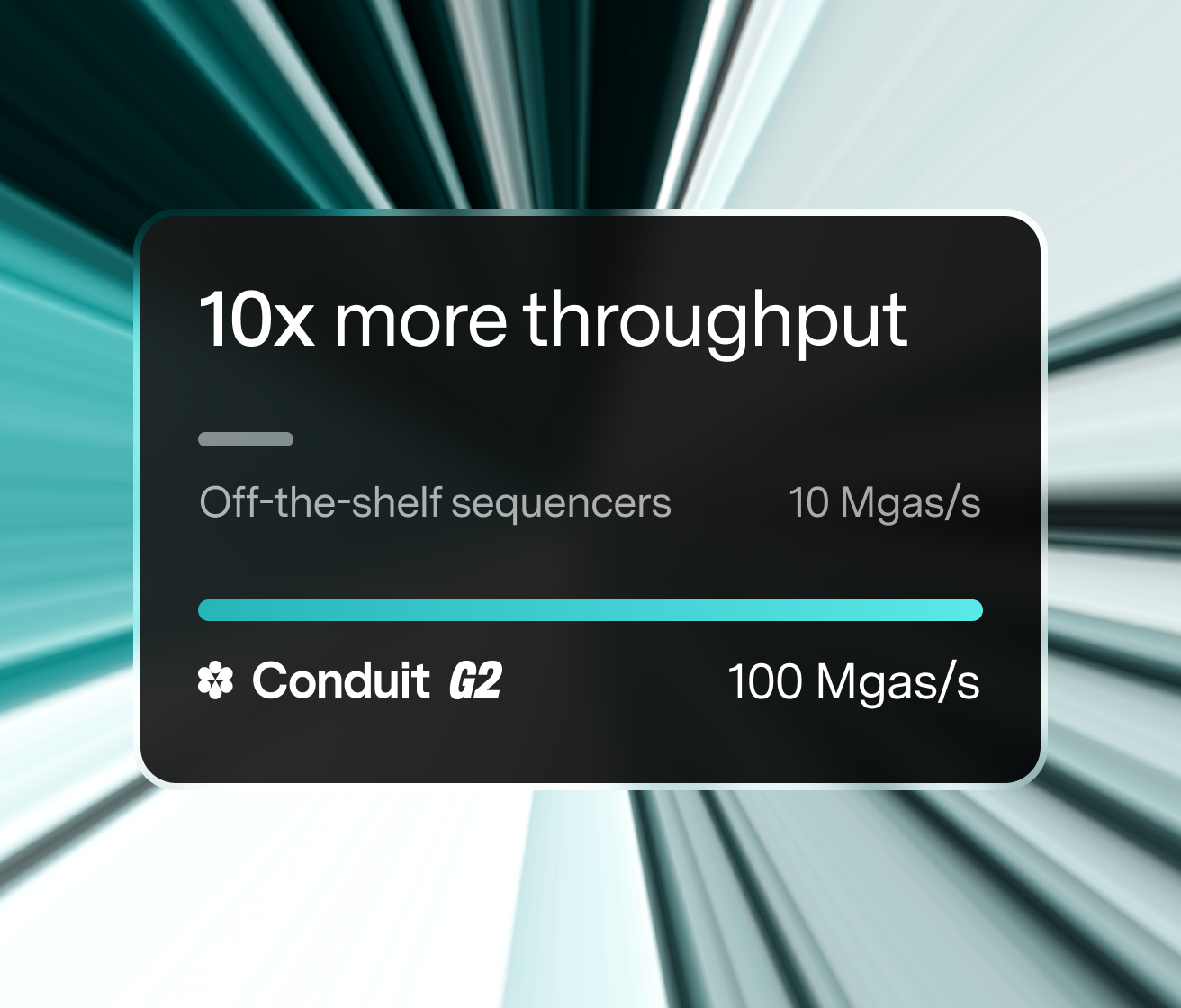
Conduit: Enables production-ready rollup launches with minimal effort. Built on the OP Stack and other modular frameworks, it emphasizes secure, high-performance infrastructure for scalable app-chains.
-
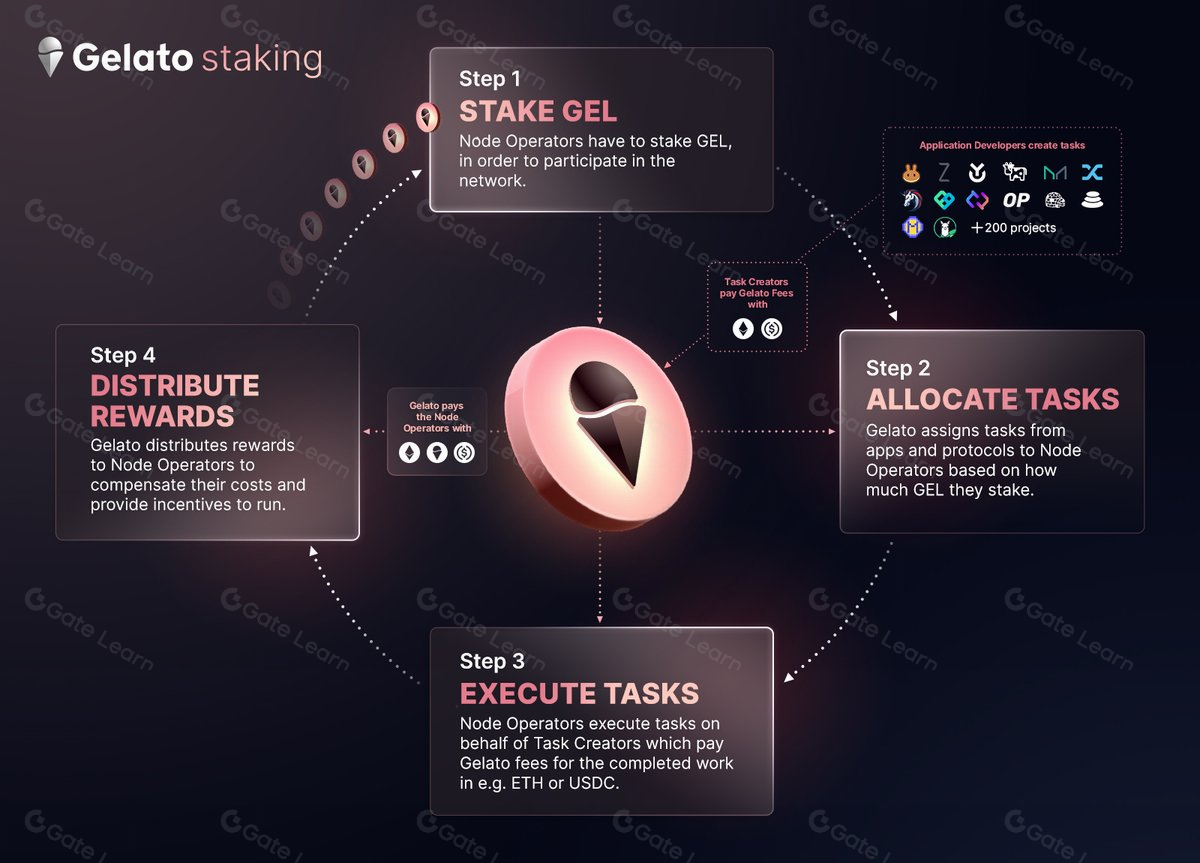
Gelato Rollups: Evolved from Web3 automation to offer zk-rollup infrastructure with prebuilt DeFi integrations. Streamlines deployment for dApps needing automated, scalable rollup solutions.
-
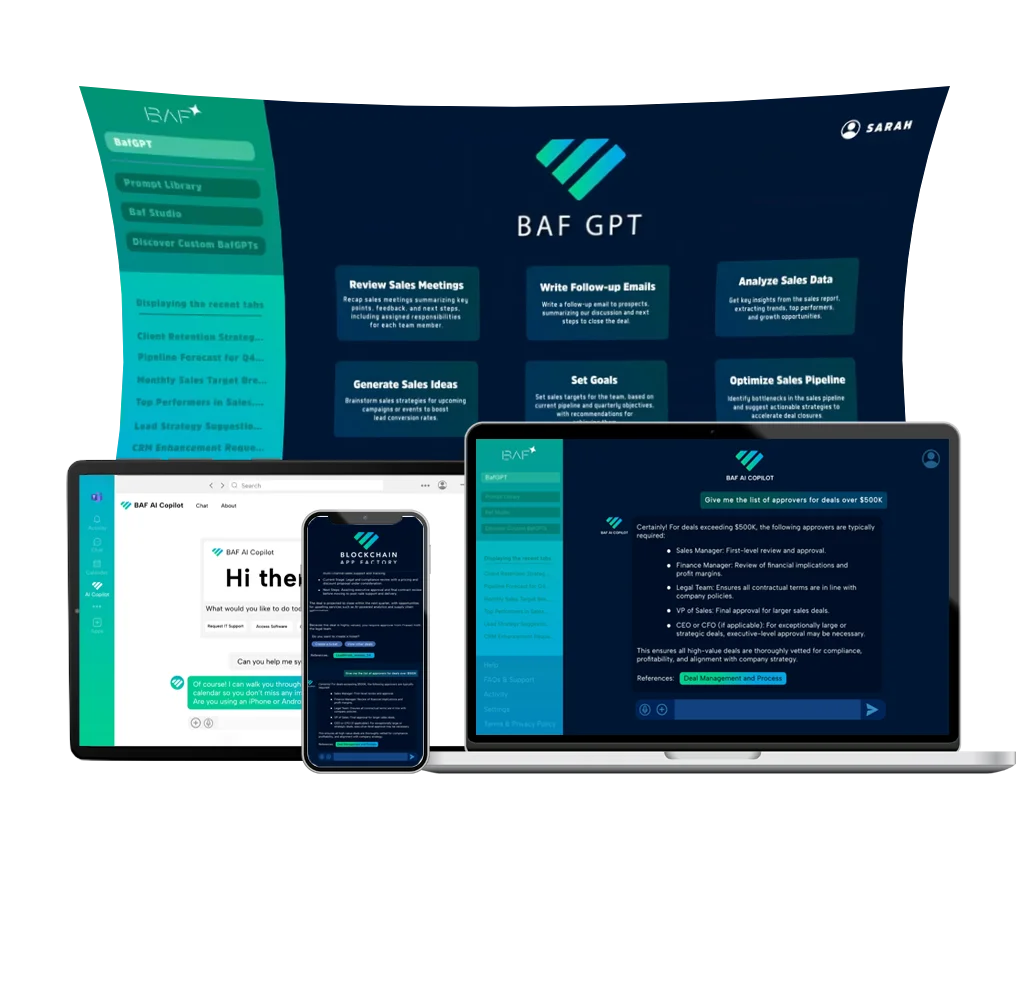
Blockchain App Factory: Delivers RaaS solutions with user-friendly dashboards and SDKs, allowing for application-specific blockchain launches without deep technical expertise.
-

Aligned Layer: Provides a secure, performant RaaS platform supporting customizable rollup deployments. Focuses on cost-effectiveness and ease of use for teams lacking deep blockchain expertise.
The RaaS ecosystem has quickly diversified. Here’s what leading providers are offering:
- Instanodes: Fast zk-Rollup and OP Rollup deployment with built-in sequencers and verifiers. Supports Ethereum, Polygon, BSC.
- AltLayer: Modular “flash layers, ” support for multiple data availability solutions, open SDKs for rapid prototyping.
- Caldera: No-code dashboard focused on EVM compatibility and performance tuning for dApps.
- Conduit: Production-ready rollups on OP Stack with secure infrastructure and three-step deployment.
- Zeeve: Enterprise-grade infrastructure with compliance guarantees (ISO27001 and SOC2 Type 2), real-time analytics, and free training.
- Gelato Rollups: Prebuilt integrations for DeFi protocols and seamless zk-rollup launches.
This competition is driving rapid innovation in user experience and developer tooling. The result? Web3 startups can now deploy app-chains that are not only highly customizable but also robust enough for real-world traction from day one.
Customization Without Code: Unlocking App-Chain Scalability
The real power of modern RaaS platforms lies in their flexibility. Startups can choose from prebuilt templates, such as general-purpose rollups or Ethereum-compatible chains, and fine-tune tokenomics, governance mechanisms, staking modules, and even data availability providers. This level of configurability used to require weeks of smart contract engineering and protocol audits; now it’s available out-of-the-box.
For instance, AltLayer’s modular architecture supports custom bridge logic and faucet integration. Meanwhile, Caldera’s dashboard lets gaming studios or social dApps optimize for transaction throughput or low latency with just a few clicks. This is enabling new verticals in Web3 to experiment with app-chain scalability without technical lock-in or prohibitive costs.
Enterprise-Grade Security and Compliance as Baseline
No-code shouldn’t mean no-security. The leading RaaS providers have invested heavily in enterprise-grade infrastructure: 24/7 monitoring dashboards, real-time analytics for chain health, automated backups, and compliance certifications like ISO27001 and SOC2 Type 2. Platforms such as Tokyo Techie offer robust service-level agreements (SLAs), ensuring startups can scale confidently as they onboard users or integrate with larger ecosystems.
This shift is not just about convenience, it’s about making app-chain deployment viable for regulated industries and mission-critical applications. For more technical insights into how abstract rollups are enabling this transition in minutes rather than months, check out our technical breakdown.
By leveraging modular blockchain architecture and pre-configured security frameworks, RaaS platforms are lowering both the technical and operational barriers to entry for Web3 startups. This democratization of blockchain infrastructure means founders can go from whiteboard to production without the overhead of full-stack protocol teams or the risk of costly security missteps. Compliance and uptime are now product features, not afterthoughts.
From Idea to Mainnet: Accelerating Web3 Product Cycles
Speed is the new currency in the Web3 startup world. With no-code rollup deployment, teams can iterate on tokenomics, governance, and application logic in real time. This agility is a game changer for founders who want to test, pivot, and scale without waiting weeks for infrastructure changes. The ability to deploy app-chains without coding is already producing a new wave of experimentation in DeFi, gaming, and on-chain social platforms.
Take, for example, the rapid adoption of RaaS platforms by hackathon teams and early-stage ventures. Instead of burning cycles on infrastructure, these teams are shipping MVPs, onboarding users, and raising capital at a pace that was impossible even two years ago. The result is a more dynamic, competitive, and inclusive Web3 ecosystem.

Key Advantages of RaaS for Web3 Startups
Five Key Advantages of No-Code RaaS Platforms for Startups
-
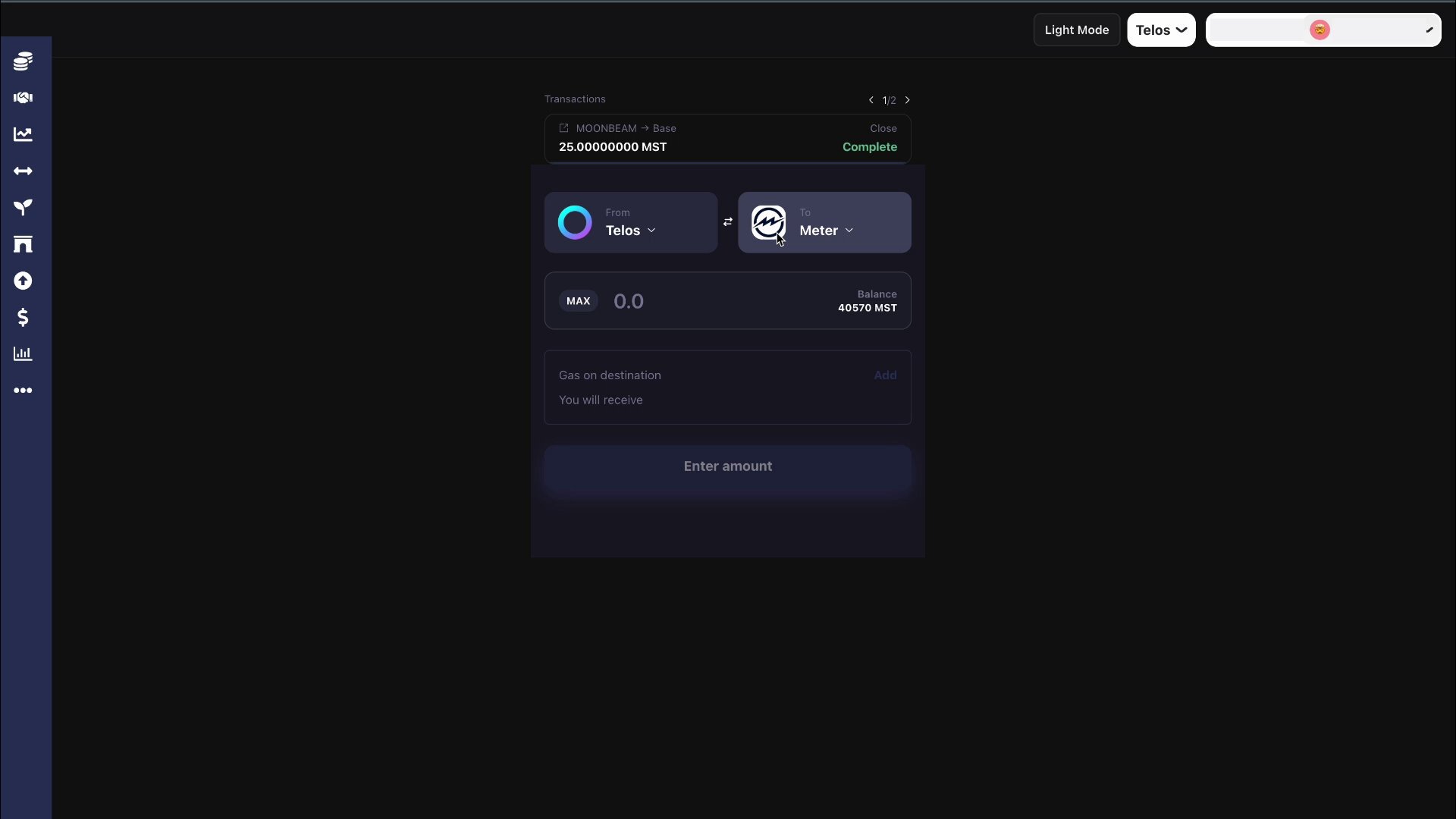
1. Rapid Deployment of Custom App-ChainsNo-code RaaS platforms like Asphere and Caldera enable startups to launch tailored rollups in minutes, eliminating the need for deep blockchain expertise and dramatically accelerating time-to-market.
-
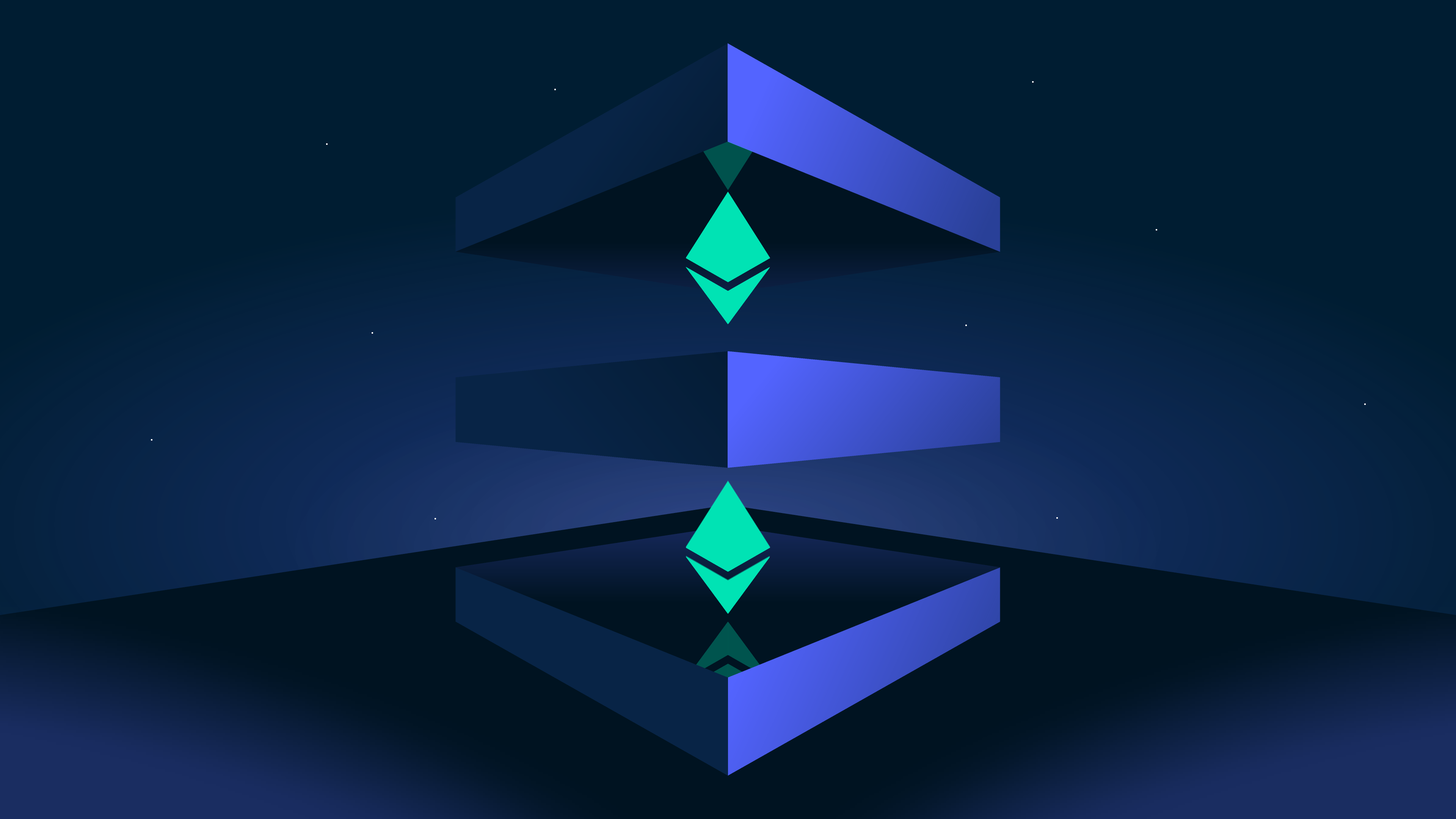
2. Extensive Customization and FlexibilityPlatforms such as AltLayer and Zeeve offer configurable templates, governance modules, and tokenomics options, allowing startups to design app-chains that precisely fit their business logic without writing code.
-

3. Enterprise-Grade Security and ComplianceProviders like Tokyo Techie and Instanodes deliver robust infrastructure with 24/7 monitoring, real-time analytics, and compliance certifications (ISO27001 & SOC2 Type 2), ensuring secure and scalable operations as startups grow.
-
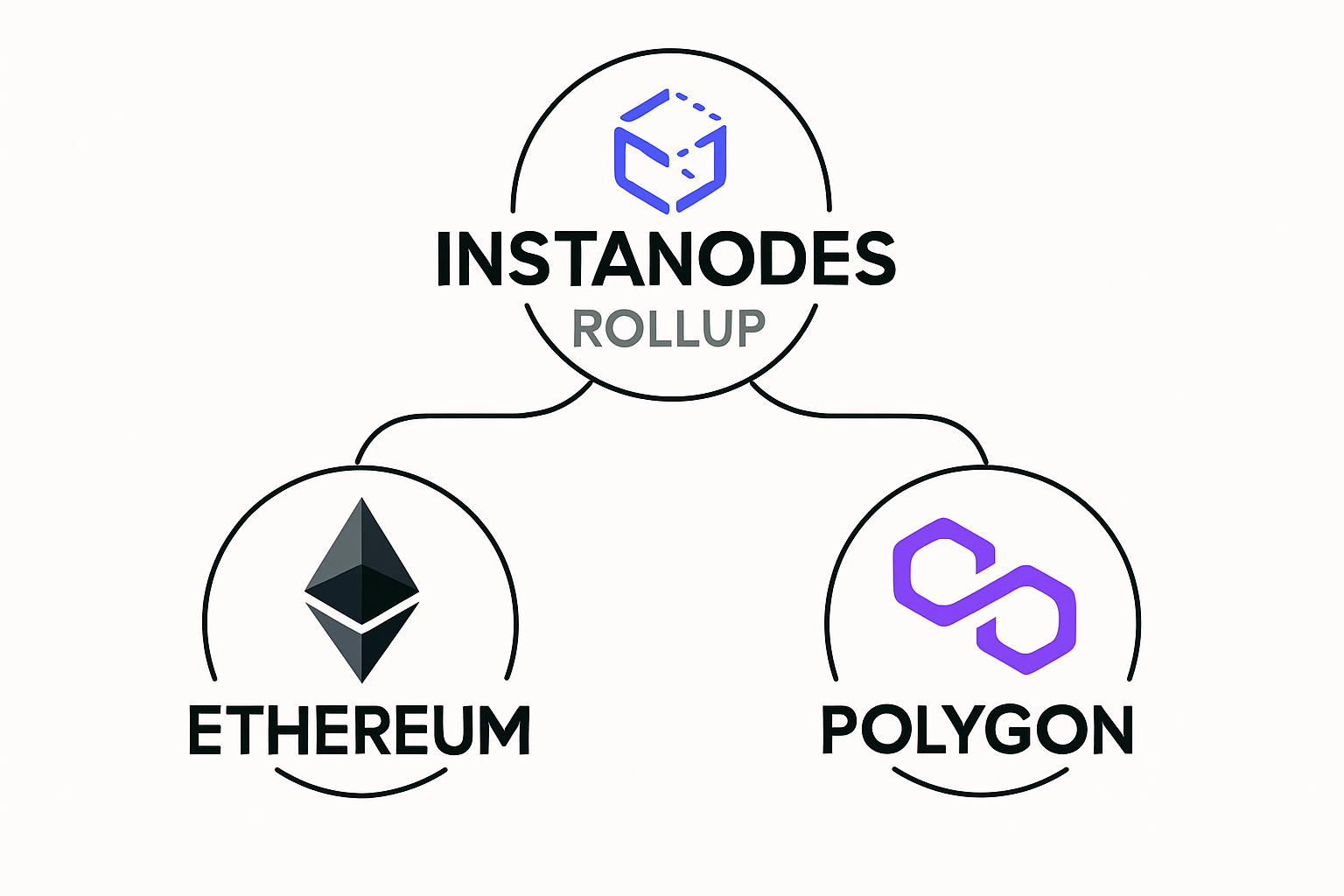
4. Seamless Integration with Leading BlockchainsRaaS solutions such as Instanodes and Gelato Rollups support integration with major Layer 1s like Ethereum, Polygon, and Binance Smart Chain, enabling interoperability and access to established DeFi ecosystems.
-

5. Cost Efficiency and Reduced Development OverheadBy abstracting infrastructure management and providing automated deployment, platforms like Conduit and Gelato Rollups help startups minimize operational costs and focus resources on product innovation and user growth.
As the market matures, expect to see even more vertical-specific templates and plug-and-play integrations. Whether you’re building a DeFi protocol, a gaming platform, or a regulated enterprise solution, the RaaS model is making blockchain scalability solutions accessible to all.
For a deeper look at how these platforms are transforming launch strategies, see how no-code rollup deployment is changing blockchain app-chain launches.
What’s Next: The Future of Modular Blockchain Deployment
Looking ahead, the RaaS space is set to become even more composable. Expect tighter integrations with cross-chain bridges, decentralized identity modules, and privacy-preserving technologies. The next wave of platforms will offer deeper analytics, automated compliance workflows, and AI-powered optimization for throughput and cost.
Web3 startups that embrace these tools early will have a significant edge in terms of velocity, security, and user experience. The core lesson: infrastructure should never be the bottleneck to innovation. RaaS platforms are making this a reality, one no-code deployment at a time.
“With RaaS, we launched our custom rollup in less than an hour, no engineers needed. The speed to market is unreal. “
For more on how rollup-as-a-service is accelerating app-chain deployment for blockchain startups this year, check out our detailed analysis here.
